
Climate Package: What You Need to Know
Latest information on sustainability
Lesezeit: 5 minutes | Monday, 23. Sep 2019
The German government aims to efficiently reduce greenhouse gas emissions and therefore extends the CO₂ pricing to include the transportation sector among others. At the core of the climate protection program is the new CO₂ pricing for transportation and heating starting in 2021.
Fixed Price for CO₂ Emissions from 2021
The national Emissions Trading System (nEHS) starts in 2021 with a fixed-price system. This means that the price per ton of CO₂ is fixed and politically determined. Certificates are sold to companies that distribute heating and fuels for transportation. Companies selling heating oil, liquefied petroleum gas, natural gas, coal, gasoline, or diesel will need a certificate for each ton of CO₂ emitted from the consumption of these substances starting in 2021. The certificate acts as a kind of pollution right. In 2021, certificates will be issued at a fixed price of €10 per ton of CO₂.
- In 2022, certificates will be issued at a fixed price of €20 per ton of CO₂.
- In 2023, certificates will be issued at a fixed price of €25 per ton of CO₂.
- In 2024, certificates will be issued at a fixed price of €30 per ton of CO₂.
- In 2025, certificates will be issued at a fixed price of €35 per ton of CO₂.
Experts estimate that, for example, a CO₂ price of €35 per ton (by 2025) will increase the price of diesel at the gas station by more than 9 cents. If more certificates are issued in a year than the emission allocations for Germany, additional ones must be purchased from other European member states. Starting in 2026, a maximum emission quantity will be set, decreasing from year to year. The total number of certificates issued nationwide will then correspond to the requirements of German and European climate goals.
Promotion of Low-CO₂ Trucks
The German government has committed to promoting the purchase of trucks with alternative, environmentally friendly drives (including hydrogen technologies) in the climate protection program. In addition to promoting trucks with alternative drives, the expansion of demand-oriented tank and charging infrastructure will also be supported. By 2030, the government aims to cover approximately one-third of heavy road freight transport mileage electrically or based on electricity-based fuels. Furthermore, a CO₂ differentiation of the truck toll in favor of environmentally friendly drives and the necessary revision of the Eurovignette Directive will be advanced.
Important for entrepreneurs with a truck fleet: The German government will introduce a CO₂ surcharge on the truck toll effective from 2023, utilizing the legal leeway.
CO₂ Calculation & Analysis by TachoEASY
The impact of the climate protection program on the transportation sector is extensive. To ensure your company can already prepare for the future, our software allows for a complete calculation of CO₂ emissions according to the current European standard DIN EN 16258. The calculation is based on real-time consumption, which can be easily assigned to a tour or journey. Calculating CO₂ emissions helps to plan tours more efficiently, save fuel costs, and alleviate climate impact.
More news that might interest you
-
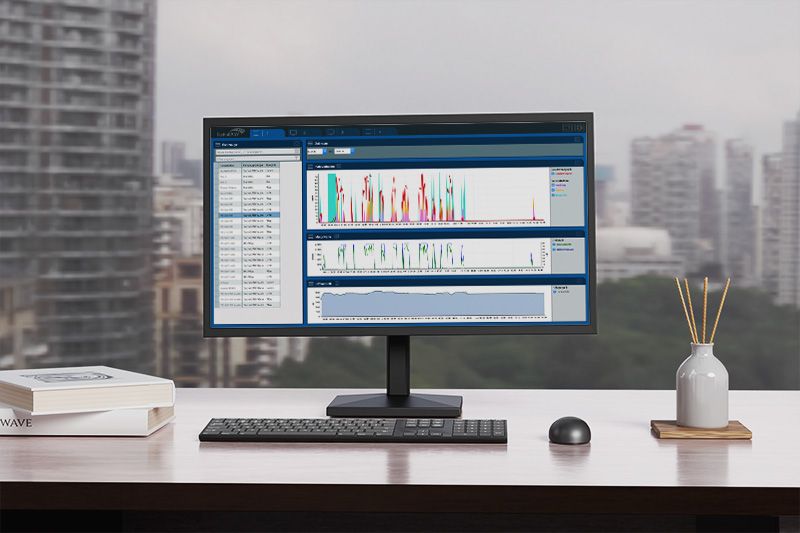
Improve driving behavior. Increase profitability. Reduce violations.
Support your drivers in improving their driving behavior, as even small changes i... -

Digital document management in transport and logistics with BlueLOGICO®
Imagine if workflows in dispatching and order management were faster and of higher quality. What ... -
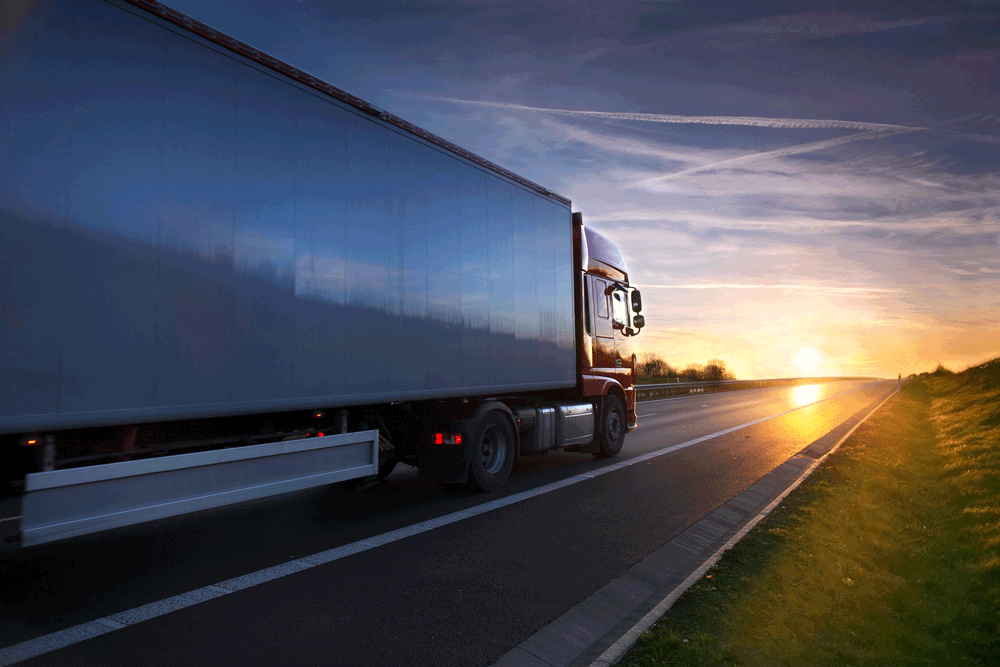
The holistic telematics system #1
The process of many transport companies can roughly be divided into 6 steps. The goal of a good t... -
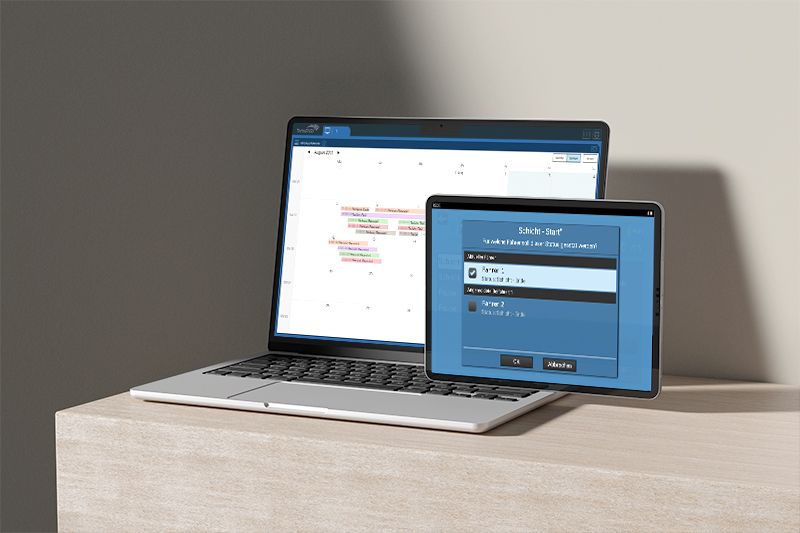
Telematics, simply put
For companies in transportation and logistics, the effective and efficient use of vehicles is of ... -
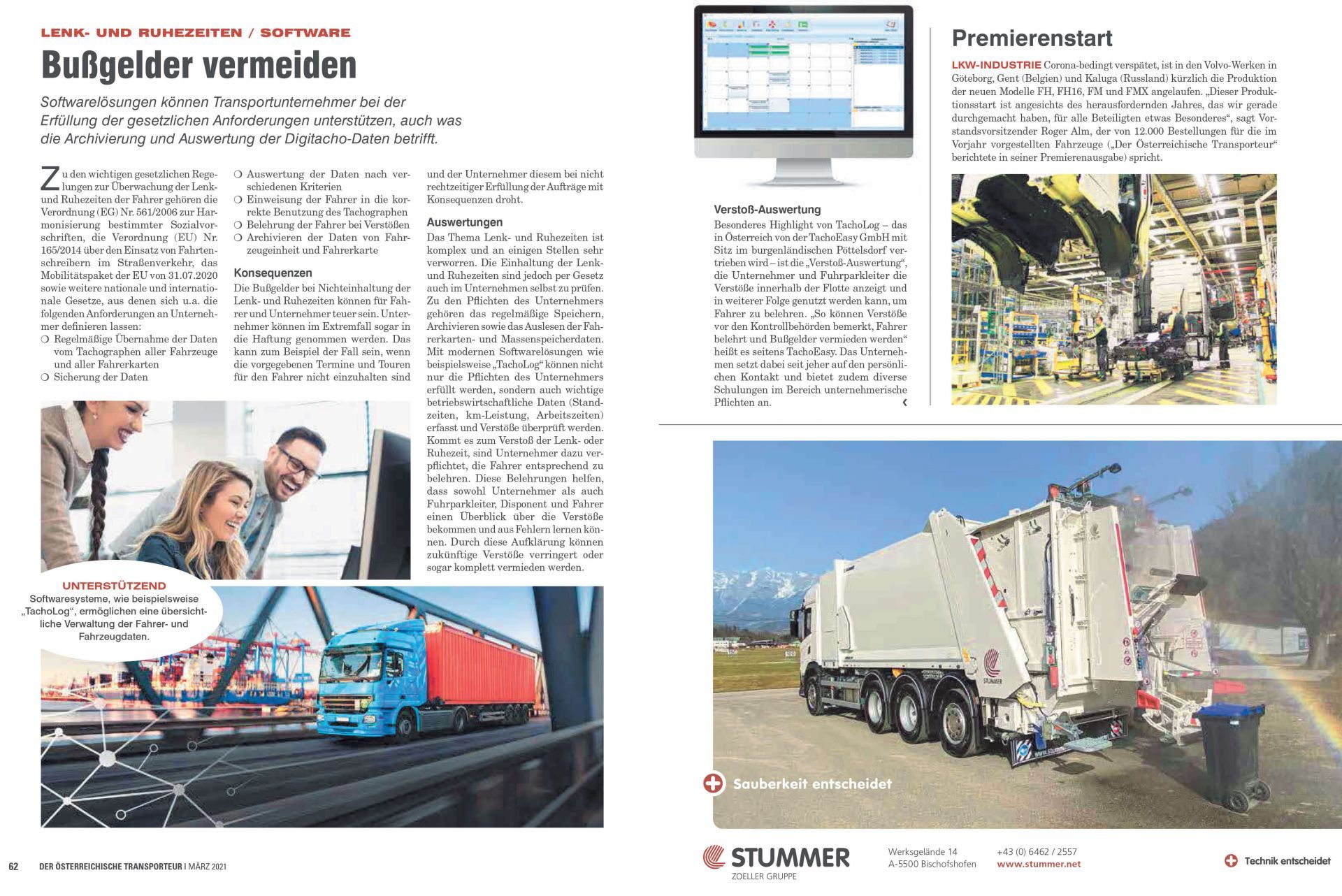
Avoid fines with TachoLOG®
On March 9th, the new issue of the specialized magazine "Der Österreichische Transporteur" was re... -
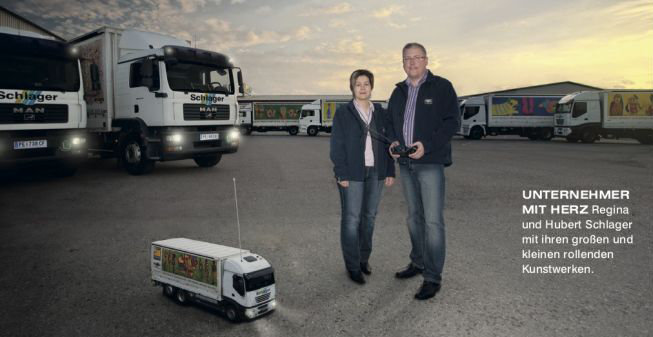
Schlager GmbH: Digitization from the start
On April 7th, the first issue of the new trade magazine "The Austrian Tra... -

Benefits of a telematic system #2
Welcome to "Benefits of Telematics Part 2". In our last post in this series, we discussed the inc... -

Here are the 9 most popular telematics functions
That modern telematics solutions offer far more than just vehicle tracking is no longer a secret ... -

Reducing CO2 emissions, transporting sustainably
Over the past 24 years, both passenger cars and trucks have emitted fewer greenho... -
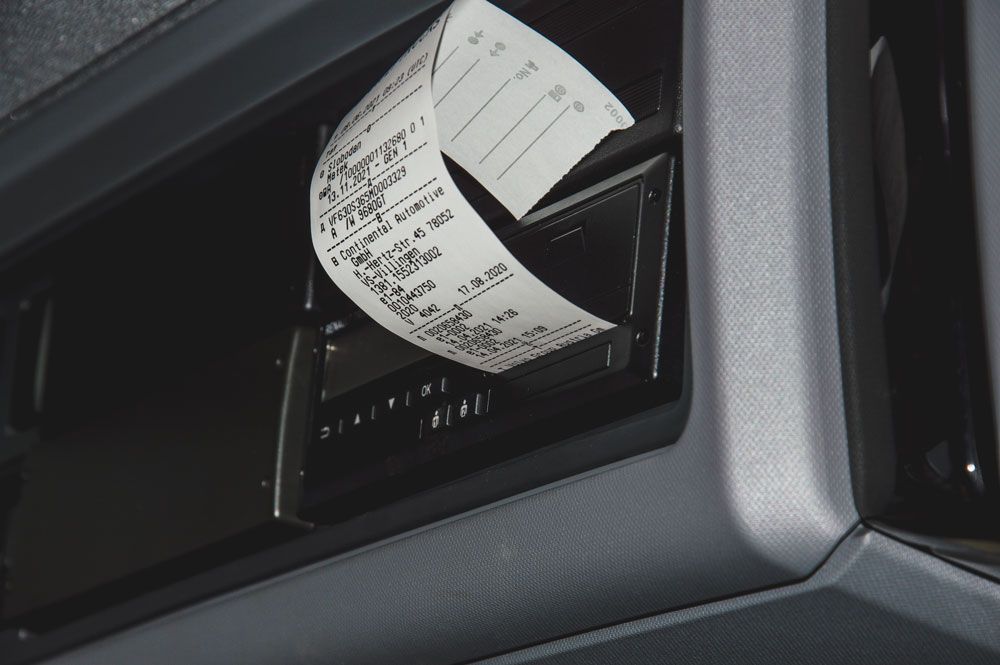
The introduction of the new tachograph in August 2023
Attention! In August 2023, a significant change in the transportation industry is coming: the int...
